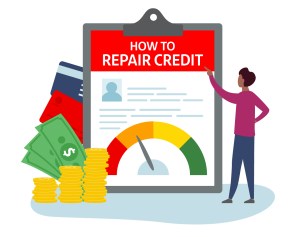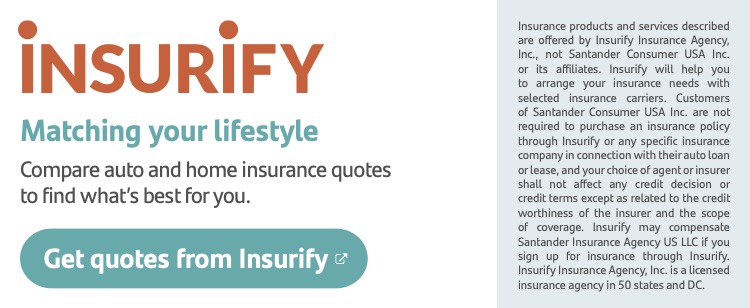
“Get an 800+ credit score overnight! Negative information deleted! Unlock your credit to live out your dreams with our credit repair package!”
It is common in today’s world to see advertisements like the above while scrolling through our phones, driving down the road on billboards or checking emails.
Having excellent credit can help unlock financial freedom, so who wouldn’t want an 800+ credit score? It’s why we’ve seen credit repair grow into a large business and be recognized by federal regulation.
There are many reasons why those with challenged credit would seek out the help of a qualified credit repair agency. But there also are many reasons to utilize resources that are available before paying for credit repair services.
Who offers credit repair?
The practice of credit repair was originally recognized in 1996 with the passing of the Credit Repair Organizations Act. Today, credit repair and counseling are often advertised by entrepreneurial individuals and businesses ranging from small to very large.
Some states require credit repair companies to be registered with their secretary of state as a valid credit repair company.
How does credit repair work?
Financial well-being is a common goal for nearly everyone, and experts of credit repair aim to make customers’ financial goals a reality. Many consumers see a benefit in trusting credit repair experts to provide results and customers often pay a monthly fee for these services.
As noted earlier, advertisements on social media, emails or even billboards grab the attention of consumers with images of nice houses, cars and signs of financial success. They may show testimonies of previous customers that lend to the credibility of their services.
Credit repair companies offer coaching for debtors looking to improve their credit by providing guidance on how to pay off their debts, along with their aims for positive impact on their credit scores.
One primary means of boosting their customers’ credit scores is by disputing negative items or “inaccuracies” on their credit report directly with the three major credit bureaus – Equifax, Experian and TransUnion. Some of these negative items on a credit report may be removed or temporarily removed, leading to a “quick fix” of improved credit scores for the customer. By temporarily removing, we mean suppressing for an amount of time. Keep in mind that items that are temporarily removed could be re-added to your credit history after a furnisher verifies the information.
Consumer tips and resources
If you decide to sign up for a credit repair service, there are several healthy actions you can take first. Doing your research on potential credit repair companies and reading their reviews can provide much needed insight. Google reviews or Better Business Bureau (BBB) reviews are good places to start.
Credit repair often requires providing these companies or individuals with some of your private information such as name, date of birth, Social Security number and passwords. Keep yourself protected by verifying that your information will be safe. The Consumer Financial Protection Bureau offers information on how to recognize a reputable credit counselor from a potential credit repair scam. Here are a few warning signs provided by the CFPB:
- Pressures you to pay up-front fees.
- Promises to remove negative information from your credit report.
- Requests you dispute accurate information in your credit report.
- Refuses or avoids explaining your rights to you.
- Tells you to not contact credit reporting companies.
The Credit Repair Organizations Act (CROA) protects the public from unfair or deceptive advertising and business practices, as well as prohibiting acts of fraud or deception committed by credit repair organizations. The Credit Repair Organizations Act also requires that consumers be provided with a copy of a contract describing services and a notice for cancellation from the credit repair organization. It also prohibits credit repair organizations from charging upfront fees for services. For more information, you can visit this Federal Trade Commission website.
Check to see if your state has a secretary of state website that lists all registered credit repair companies conducting business in the state.
If possible, schedule an appointment with the credit repair company to discuss services and needs. Be informed of what actions will be taken and how the process will work for you.
Be mindful of what you sign – make sure you review and read the fine print closely. Many credit repair services involve a monthly subscription or contract that charge fees.
Consumer safety often falls on consumers – do your research by reading reviews, ask questions to be informed and take healthy steps to ensure your information is safe.
The Federal Trade Commission offers alternative information for consumers seeking to improve their credit by following simple, healthy and trusted steps. Additional resources include getting access to your full credit report annually for free at www.AnnualCreditReport.com, and what to do if you see inaccurate items on your credit report.
*The statements in this article are informational only and should not be construed as legal, financial, tax or other professional advice.



